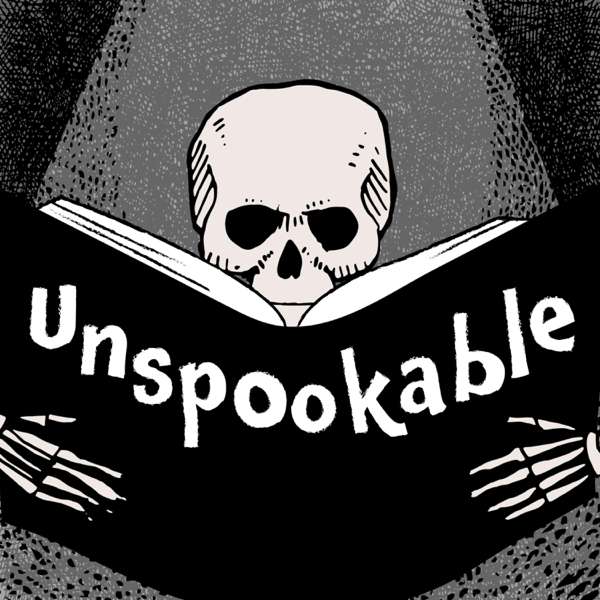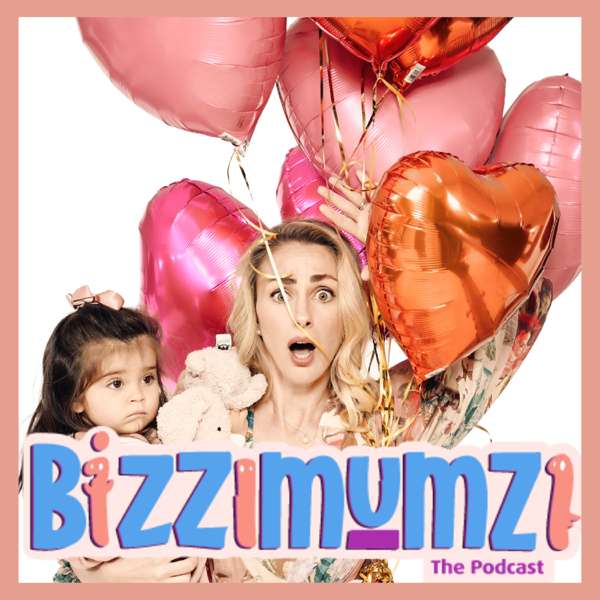One of the questions I get asked most is how to talk to kids about grief. Unfortunately, there's no magic formula to speeding up the grieving process. And grieving isn't just about the loss of a loved one, there are a number of losses we grieve, from loss of a dream to loss of health. In the first half of my conversation with coach Georgia Shaffer, she explains what health grieving looks like.
Key points from our conversation:
💊 Kids are more susceptible to addiction when a loss occurs.
😢 6-18 months after a loss can be more difficult due in part to the loss of support you get immediately after death. Shock and numbness wear off and reality sets in.
💔 The "Five Stages of Grief" - denial, anger, bargaining, depression, and acceptance – are not accurate. Grief takes far longer than anyone talks about.
🕰️ Time does not heal, it gives us tools and perspective to cope with our loss.
🤷♀️ We can't ignore when our kids are grieving and we don't understand why.
🥺 Modeling healthy grief means not ignoring the pain or covering it with busyness, comfort eating, or addictions.
😭 It's okay to cry in front of your kids. It's important to be able to talk about our feelings with our children.
😩 Sad is a basic emotion. Ask younger kids "how sad are you?" to gauge their level of emotion. Ask them when the last time they cried was. This is especially important with men to break the myth men don't cry. If you don't, it typically comes out in unhealthy anger.
😡 Dig deeper with words like "anger," "disappointed," "devastated," and "overwhelmed." Consult a feelings wheel to broaden your emotional vocabulary.
⛹️♂️ Everyone grieves differently. Some withdraw, while some want to talk. Try doing an activity with your kids to give them the opportunity to open up.
✨ No feeling is good or bad, it's what we do with the feelings that can be negative.
🧸 Kids sometimes want to cry, but they can't. Play therapy can help them reconnect to their emotions.
⏳ Parents will need to be patient as kids grieve. If you stop the grieving process too soon with smaller losses (pets, etc.), they may not be comfortable sharing about the bigger losses.
💨 We can only deal with the pain a little at a time, so you have to let the pressure out gradually.
☹️ People experience emotions differently. You cannot compare grief, even within a family. Your pain is your pain.
👩⚕️ Therapy can be helpful because kids aren't always comfortable revealing certain feelings to their parents, especially if it's about that parent. They need someone they feel safe and comfortable speaking to.
💙 It is not our kid's job to take care of our emotions. It's our job to take care of them.
Resources mentioned:
A Gift of Mourning Glories: Restoring Your Life After Loss Grief Share
Connect with Georgia: website | Instagram | Facebook

 Our TOPPODCAST Picks
Our TOPPODCAST Picks  Stay Connected
Stay Connected







